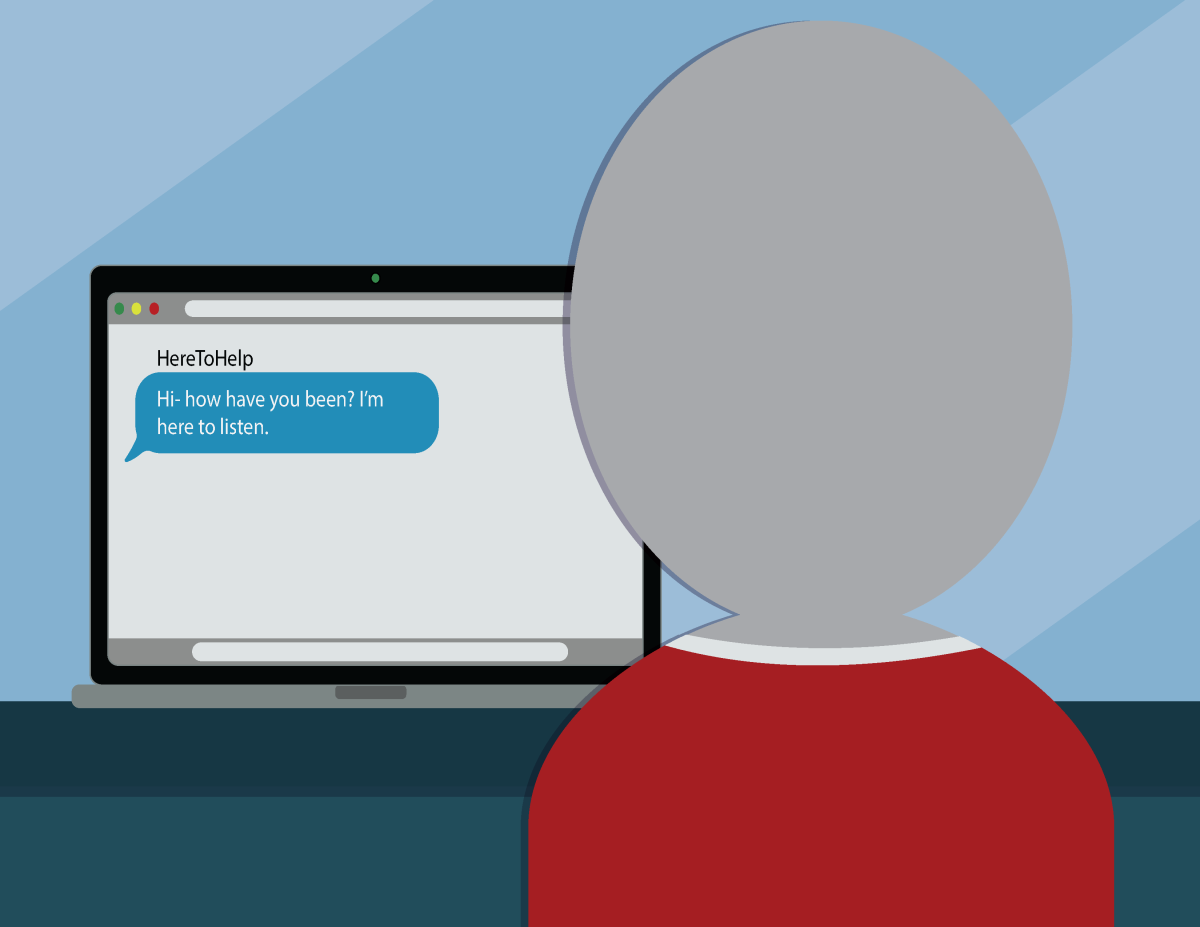NC State now has an online therapeutic resource for students struggling with mental health that can be accessed any day and at any time.
Therapy Assisted Online, or TAO, is an interactive, online program that provides various behavioral health resources for students. TAO consists of interactive modules, self-assessments, practice tools, daily logs and journals that help teach students how to manage stress, anxiety, depression and other concerns.
Richard Tyler-Walker, associate director of operations and training, spoke about the ways in which TAO can be used.
“There are a number of challenges that people face in life where the resource they need is maybe a little bit of information and a little bit of tools,” Tyler-Walker said. “We are implementing TAO in a way that is both. People can access it as a self-help format, where they have full access toward this range of tools, and they can come into the Counseling Center and utilize it as part of their ongoing therapeutic approach.”
Students can access TAO in between counseling appointments and on their own time. According to Tyler-Walker, students are not required to meet in person, but do have the opportunity to speak with a therapist at the Counseling Center as well.
“If someone has already done some work in a self-help format and then they come into the Counseling Center, with their permission their counselor can access the information that they have been working on and then just incorporate it into their ongoing treatment approach,” Tyler-Walker said. “Sometimes it helps refine a focus, but there is absolutely no requirement that someone does TAO before they come to the Counseling Center.”
Monica Osburn, executive director of the Counseling Center and Prevention Services, said that students can utilize the resource as a way to aid their mental health needs.
“It can be used a couple different ways,” Osburn said. “One, as a companion service to therapy to assist in the process. It can also be used as a stand-alone resource. For example, if you are experiencing symptoms of anxiety or just want tools to know what to do when you start to have that anxiety amp up, you can go through these modules and learn tools on how to manage those symptoms. It gives students the ability to do this at their own pace. Whatever hours make sense for them in a format that fits more students’ level of comfort.”
According to Tyler-Walker, one of the ways in which people start TAO is by taking a self-assessment. With the information provided by these assessments, TAO can help the student identify what it is they may be struggling with and can then recommend specific modules to the student.
“TAO actually has the ability to provide people with guidance,” Tyler-Walker said. “It may say ‘people with responses consistent to yours are struggling with anxiety; you may want to check out the anxiety module.’ The students can still go through and do all of the other modules too, but it sometimes gives them a little bit of a starting point or direction… It can really help a student clarify or focus what their concerns are.”
Tyler-Walker spoke about TAO’s role in promoting resilience in students when they are facing stressful situations.
“It really teaches [students] their ability to cope and handle,” Tyler-Walker said. “If they feel really stressed and overwhelmed, they are able to calm themselves down or soothe themselves and refocus their motivation so that they can eliminate things that are extraneous and focus on the things that have priority. Promoting resiliency helps people understand and draw from their own strength.”
While TAO is relatively new to NC State, it was created by the former counseling center director at the University of Florida in 2012. The Division of Academic and Student Affairs purchased TAO in August as a free resource for students.
According to Osburn, NC State only recently adopted this program after ensuring the program’s ability to create change and be a successful resource for students.
“It was important for me to ensure that the research foundation was there before we adopted a tool for NC State,” Osburn said. “The research is really strong about it being able to teach those skills, to students and as a companion to the work that we already do. It was a natural fit for consideration for us. We took the summer and fall to really get all the clinicians familiar with it. So far, the preliminary feedback is very positive.”
The Counseling Center is looking for ways to implement TAO in other departments focused on student wellness across campus to make students more aware of the service and make it accessible to more students.
“Part of what our goal this semester is to figure out how this tool can also be launched in other areas, for example Wellness and Recreation, Student Health and Prevention Services,” Osburn said. “We want students to be able to have access to the modules in many different arenas and also have the support from different departments, as well. We feel like we are in a position now to do a broader launch with the whole campus community.”
Students who are interested in setting up a TAO account can visit the Counseling Center’s website.
To learn more about the Counseling Center’s upcoming events, click here.








